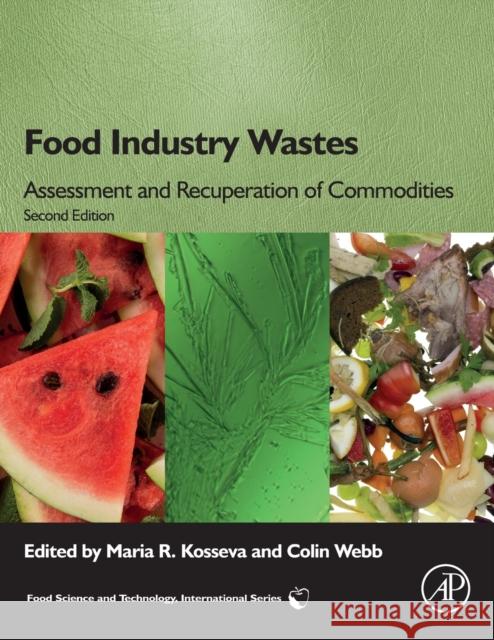Food Industry Wastes: Assessment and Recuperation of Commodities » książka
topmenu
Food Industry Wastes: Assessment and Recuperation of Commodities
ISBN-13: 9780128171219 / Angielski / Miękka / 2020 / 480 str.
Kategorie:
Kategorie BISAC:
Wydawca:
Academic Press
Język:
Angielski
ISBN-13:
9780128171219
Rok wydania:
2020
Ilość stron:
480
Waga:
1.19 kg
Wymiary:
27.94 x 21.59 x 2.67
Oprawa:
Miękka
Wolumenów:
01











